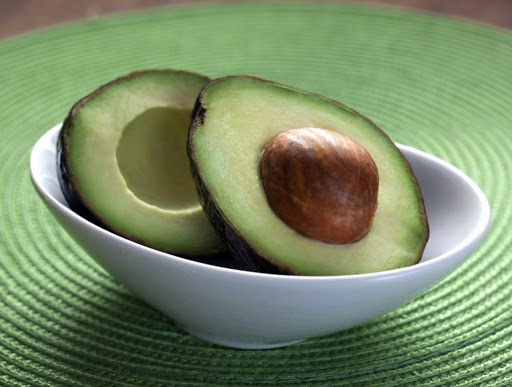New test to obtain the perfect avocado
Researchers at Cranfield University have come up with a new technique for measuring the ripeness of avocados. It is hoped that besides satisfying consumer demand for ready-to-eat fruit, this method could reduce waste by up to 10%. Developed and tested by Cranfield University, the technology uses a laser and small vibration to test the individual fruits’ resonant frequency, giving a reliable assessment of ripeness without damaging the avocado.
Currently, as much as 30% of avocado is wasted due to damage caused by testing during grading, with a further 5% loss at retail. The current method for testing ripeness involves either a pneumatic device which pushes into the fruit or manual testing. For the new technique, the researchers adapted a technology more often used in automotive factories to test the uniformity of large engineered parts. Laser doppler vibrometry (LDV) beams a laser at the fruit to measure refracted light and uses small vibrations to test the resonant frequency. The vibrations are caused by a simple automated impact device which taps the fruit. The LDV test was proven to accurately predict the ready-to-eat stage of avocado fruit.
Professor Leon Terry, director of environment and agrifood at Cranfield University, said:
“Hard fruits create a higher frequency than soft fruits, so we calculated the perfect frequency for a ripe avocado and accurately measured this with the LDV test. Leaving the fruit undamaged is of great benefit and vastly reduces waste. The test we have developed could be extended to other fruits.”
As the UK imports almost 100,000 tons of avocado each year, predicting ripeness is of great benefit to both suppliers and retailers. Avocados are such an expensive product that Mexican drug cartels have even moved into the sector. The fruit travels on conveyor belts in single file, which means the LDV can test them individually. From there, an automatic sorting mechanism which largely exists already could be used to separate the ripe from unripe fruits.
Cranfield University is co-leading the new BBSRC Quality and Food Loss Network, a new initiative to link researchers with industry to find solutions for the huge food waste challenges facing the supply chain.



